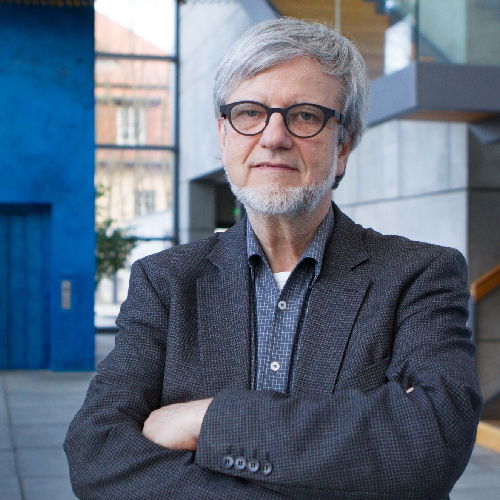Professor Ortwin Renn

Speech Summary
One of the most critical challenges facing humanity is the increasingly urgent need to find and implement pathways to sustainable futures. While humans living in Earth’s environment on which survival of all forms of life depends have been subject to disasters and faced crises at global to local spatial scales and temporal scales from immediate to long-term threats to future generations, a new type of risks, called systemic risks, are now increasingly acute and potentially irreversible with disastrous consequences leading to simultaneous polycrises. They include, e.g., the COVID-19 pandemic, food security, shifting geopolitics and war, climate change impacts, transgression of planetary boundaries, and systemic inequity and injustice.
With respect to adequate governance responses to deal with systemic risks, the complexity literature suggests a number of systematic approaches and instruments such as stress tests, reverse stress tests, critical transition trajectories, black swan scenarios and others. In addition, network theory provides tools with which to investigate the structure of global connectivity, including the interactions between networks. A special challenge refers to risk communication for systemic risks. The threat is often counterintuitive, the relationships are mostly stochastic, complex and non-linear, and tipping points may obscure the eminence of the dangers. The paper will address these challenges and suggests some options to design effective risk communication programs.
Brief CV
Prof. Ortwin Renn is a social scientist focusing on risk governance. He retired as scientific director at the International Institute for Advanced Sustainability Studies (IASS) in Potsdam (Germany) in December 2022 and serves as a professor emeritus for environmental sociology and technology assessment at the University of Stuttgart. He directs the non-profit company DIALOGIK, a research institute for the investigation of communication and participation processes. Renn is Adjunct Professor for “Integrated Risk Analysis” at Stavanger University (Norway), Honorary Professor at the Technical University Munich and Affiliate Professor for “Risk Governance” at Beijing Normal University. His research interests include risk governance (analysis, perception, communication), stakeholder and public involvement in environmental decision making, transformation processes in economics, politics and society and sustainable development.
Ortwin Renn has a doctoral degree in social psychology from the University of Cologne. His career includes teaching and research positions at Clark University (Worcester, USA), the Swiss Institute of Technology (Zuerich) and the Center of Technology Assessment (Stuttgart). His honours include the National Cross of Merit Order, honorary doctorates from the Swiss Institute of Technology and the Midsweden University, the “Outstanding Research Award” of the Society for Integrated Disaster and Risk Management (IDRiM) and the “Distinguished Achievement Award” of the Society for Risk Analysis (SRA). In 2019, he was awarded the Order of Merit from the State of Baden-Württemberg for special achievements in scientific policy advice.
Renn is a member of the German National Academy of Sciences “Leopoldina”, the Berlin-Brandenburg Academy of Sciences (Berlin), and of the Board of Directors of the German National Academy of Technology and Engineering (Acatech). He chairs the Sustainability Council of the State of Brandenburg and the associated sustainability platform in which ca 170 sustainability initiatives are organized. In 2011 he served on the Ethics Commission "The Future of Energy" appointed by Chancellor Angela Merkel. Until 2014, he was a member of the "Science and Technology Advisory Council", an advisory body for EU Commission’s President Jose Manuel Barroso.
Renn has published more than 30 monographs and over 250 peer reviewed articles. His most prominent English publication is the book “Risk Governance. Coping with Uncertainty in a Complex World (London: Earthscan 2008).
